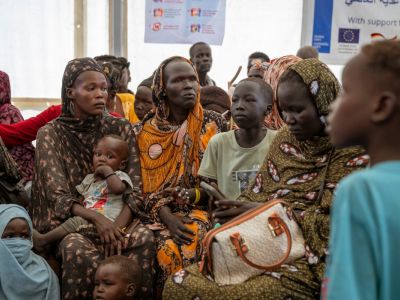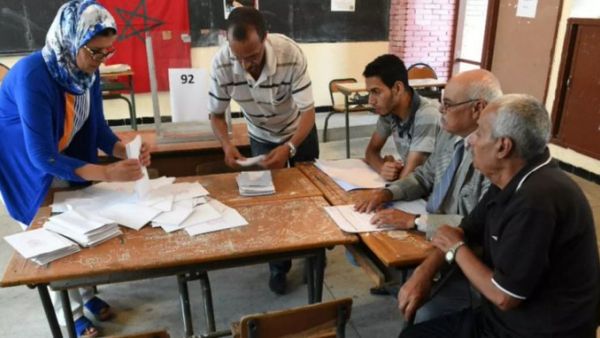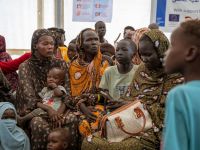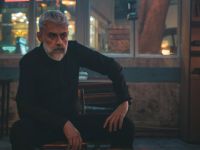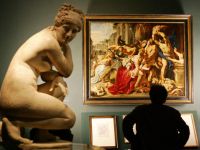Moroccans go to the polls on Wednesday for parliamentary and local elections that will determine the fate of the Islamist party that has ruled since the Arab Spring uprisings.
First elected in 2011, the Islamist Justice and Development Party (PJD) hopes to win a third term this year, having clung on to power at the head of coalitions for the whole intervening decade.
But there are few clear battle lines between the PJD’s coalition partners and the opposition and the majority of Moroccans credit the country’s recent successes to the policies and decisions of King Mohammed VI.
Opinion polls are banned in Morocco near election time, but a survey in February by the Moroccan Institute for Policy Analysis showed around 64 percent of people planned to abstain.
Electoral campaigning for the legislative, regional and municipal elections set for September 8 is intensifying in Morocco amid observers’ speculation that rural districts could determine the results. https://t.co/5PdLlDPgSu
— The Arab Weekly (@ArabWeekly) August 31, 2021
Taking credit for king’s work
Many Moroccans, observers said, credit the country’s recent successes, in the economy, diplomacy and even the efforts to counter the coronavirus pandemic, to King Mohammed. This has led some local media to mock the PJD’s attempts to take credit for the ‘achievements’ made during their latest term.
Morocco’s king has already announced a plan for a “new model of development” with a “new generation of reforms and projects” in the coming years.
The plan’s major aims include reducing the country’s wealth gap and doubling per-capita economic output by 2035.
“The major directions are set and the elections only serve to produce the political elites capable of implementing them,” said political scientist Mohamed Chiker.
During the election campaign, most parties have ignored issues of individual liberties, in particular the call by some activists to decriminalise sex out of wedlock, a divisive subject in Morocco.
“It’s disappointing but not surprising that politicians are ignoring our appeal,” said Sonia Terrab of the “Hors la loi” (“Outlaws”) collective.
For now, three major movements dominate the political scene: the PJD, the National Rally of Independents (RNI) and the Authenticity and Modernity Party (PAM).
One of Morocco’s leading political parties was on Friday fending off a chorus of accusations of illegal campaign spending, days ahead of September 8 parliamentary elections. https://t.co/bSuDmYvGVB
— The Arab Weekly (@ArabWeekly) September 4, 2021
Absence of policy debates
In the run-up to the vote, allegations of irregular campaign spending rather than policy debates have dominated headlines.
“Monstrous amounts of money have been spread around to try and foil the people’s will,” senior PJD official Abdelaziz Aftati said Saturday, without naming the alleged culprits.
PAM has been more direct, accusing the RNI, led by businessman and agriculture minister Aziz Akhannouch, of “flooding the political scene with money”.
RNI, a junior member of the current coalition, said it “rejected categorically” the allegations.
Mud-slinging aside and with little to differentiate the parties, the election is “widening the distance between voters and the institutions”, political scientist Mustapha Sehimi said.
Even an electoral turnout of 45 percent “would be a nice surprise” after just 43 percent in 2016, he added.
Changes to the voting system mean that Moroccans will for the first time vote in both parliamentary and local elections on the same day, in an effort to boost turnout.
The electorate of almost 18 million are to vote for 395 deputies and more than 31,000 local and regional representatives.
Meanwhile, parties’ shares of seats will be calculated based on registered voters, rather than those who actually cast their ballots, in an amendment seen as favouring smaller parties.
On the same vote share as in 2016, the new system would leave the PJD with around 80 seats, rather than the 125 it scored last time around.
This article has been adapted from its original source.


